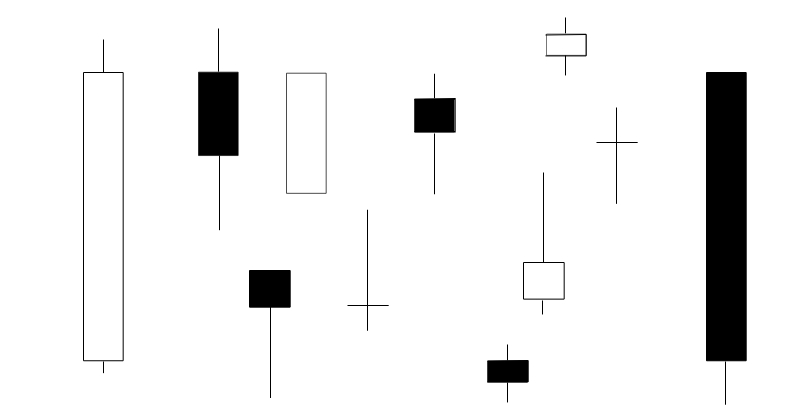One of the biggest reasons why so many traders struggle with trading is the uncertainty that comes with the markets. This post explores uncertainty and suggests ways to deal with it.
What is Uncertainty?
In order to deal with uncertainty, you first have to understand what uncertainty is.
Uncertainty simply means that something is not certain or sure. This normally comes from a lack of information or too much information when dealing with a future outcome.
Both a lack of information and too much information can make things difficult to predict an outcome with certainty. This also means that there could be multiple possible outcomes.
In general, the more unsure an outcome, the more uncertain we tend to be.
The Impact of Uncertainty on Traders:
Markets can’t be predicted, and this introduces uncertainty. Now add the money aspect of trading and uncertainty is heightened. Traders (and humans in general) crave certainty, we have a need to be in control. It’s just they way we are built.
The moment we get uncertain about something, there’s a possibility of emotions like stress / anxiety to creep in. This, in turn, can influence our decision making ability.
With the above in mind, uncertainty can influence traders in different ways:
- One of the main reasons we keep strategy hopping / drifting / trying to finetune our strategies, is because we crave certainty. That’s why we keep looking for the holy grail strategy and trying to find the perfect system.
- Following from the above, traders go down the rabbit hole of education, believing that more education (information) will help them. This can cause information overload, which can increase uncertainty.
- Uncertainty can cause traders to be afraid of taking trades or put on trades with not enough risk, missing out on potential gains.
- Uncertainty heightens emotions (doubt, fear, stress, anxiety, etc.).
- It can cause traders to take profits too early (not sticking with their plan).
- Traders can start putting their trust in others (gurus) because they don’t trust their own analysis. Not trusting ourselves makes us vulnerable. Gurus often give bad advice.
The above are just some of the ways in which uncertainty can influence a trader. Also, uncertainty can be heighted during periods of “abnormal” market activity like geopolitical events, elections and COVID. This can cause havoc on the markets and hence, on a traders’ ability to trade.
How to Deal with Uncertainty:
First off, you have to accept that there will always be uncertainty when it comes to trading and the markets. This means that you will never be able to predict the outcome of any one trade. Secondly, you have to accept that losses are a part of the game. If you can do this, you are already a long way ahead of other traders.
Other ways to deal with uncertainty are:
- You must have a trading strategy that has an edge. Strategies normally don’t produce consistent results, they have good and bad periods. You need to be able to trust it during the bad periods. That trust comes from knowing it has a verified and proven edge.
- Having a strategy with and edge is one thing, understanding your strategy is another. You must know under what conditions your strategy performs at it best and at its worst. Meaning, when you can trade as per normal or when you should scale back (trade less / risk less) or stop when conditions are bad.
- Understand that preparation and planning are essential when it comes to successful trading. When you place a trade, it should come from a place of peace and calm, knowing that you did what needed to be done – proper planning and preparation.
- Control the controllable (your entries, stops, targets, risk size, etc.) and let the the market (natural price movement) take care of itself.
- Proper risk management is just as important. When you have a loss, it shouldn’t cripple your account. It also means you stick to your stop losses, religiously.
- Have a trading journal, review your trades and adjust. By doing this, you will improve continuously. This, in turn, will help you develop the confidence / certainty to cope with the ups and down of trading.
- Try not to focus on the outcome one trade. Work on developing patience. Patience for yourself and being patient with your strategy. Believe that over time your strategy will do its thing and produce the required results. Think long – term.
Certainty and being comfortable goes hand in hand. With trading comes uncertainty, which means being uncomfortable. If you want to be a trader, you’ll have to get used to the idea of being uncomfortable.
Finally:
You can’t remove uncertainty from trading completely, but you can reduce it and get better at dealing with it. In the end, dealing with uncertainty comes with experience, and experience takes time. Give trading, and yourself, the required time.
